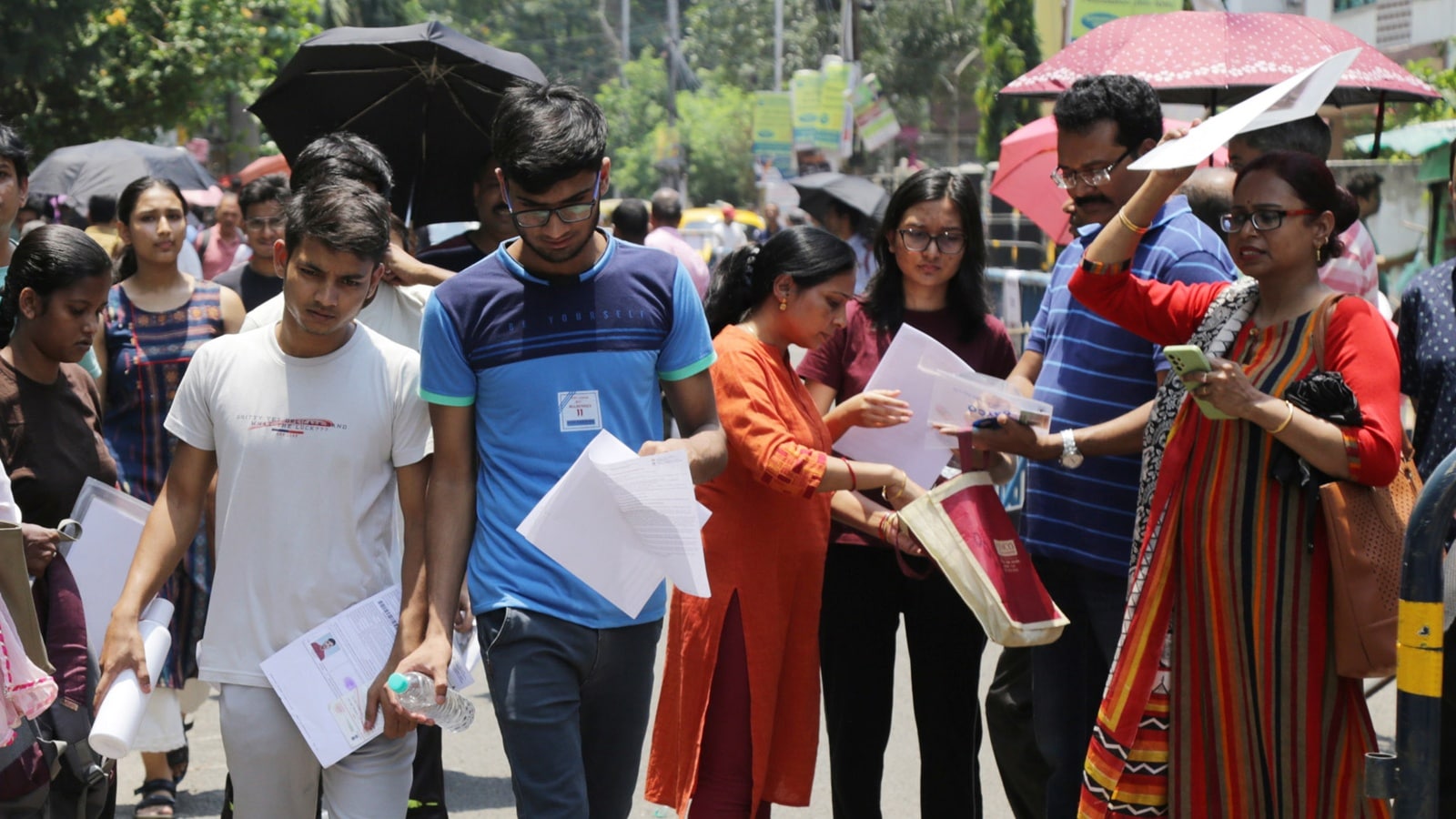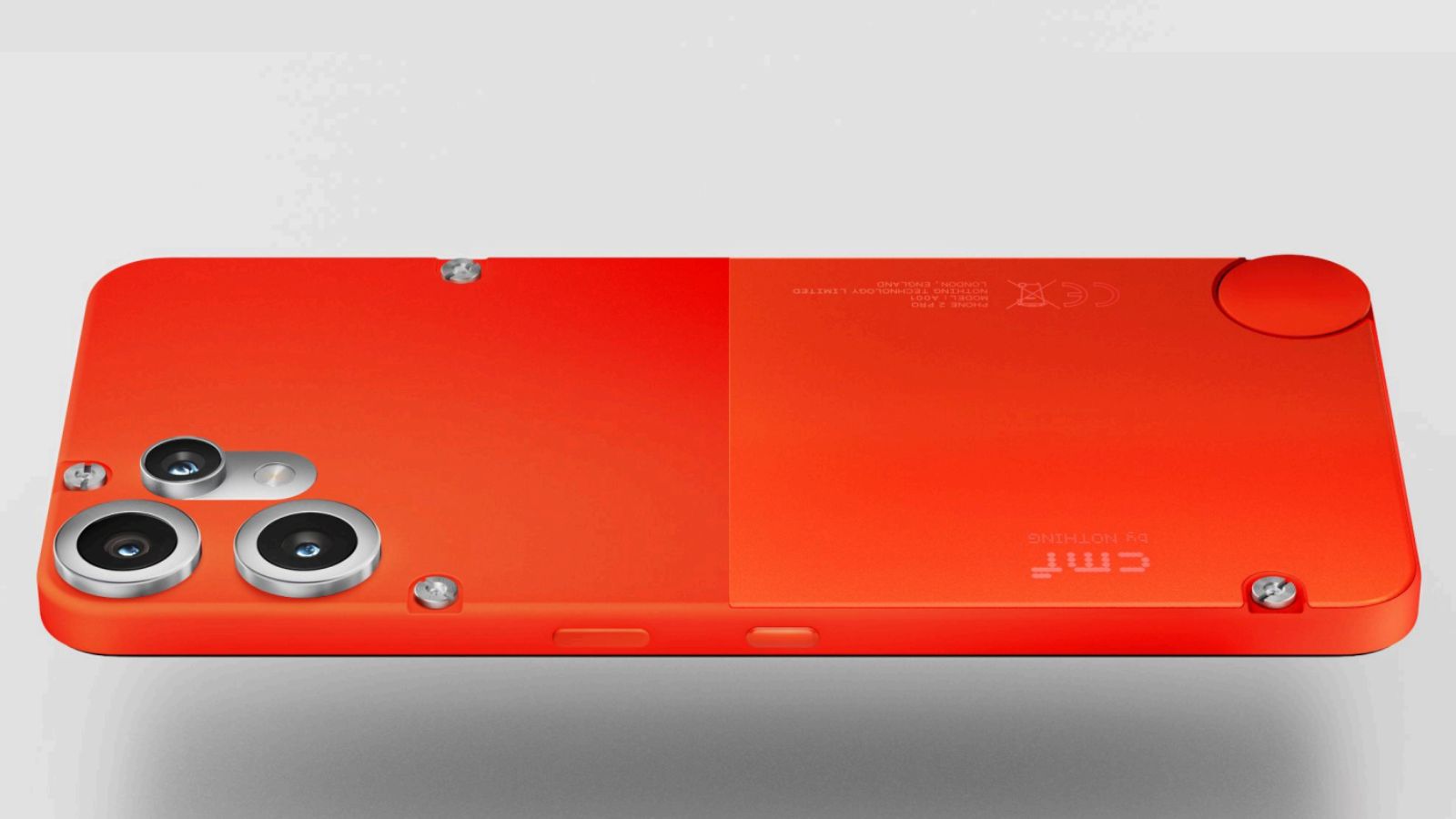South Korean automaker Hyundai said it was ‘confident’ of maintaining its position as the second-biggest carmaker in India given intensifying competition in the domestic passenger vehicle market. ‘Continuous’ strong demand for its products and the expected resilience of the Indian economy would fuel its prospects, said Tarun Garg, director-Sales, Marketing & Service at Hyundai Motor India.
Hyundai Motor India, with an order backlog of more than 1.2 lakh cars, would continue to ‘excite the market with products’ even as the market faced uncertainty due to geopolitical challenges, increasing fuel prices and rising interest rates, he said.
The company on Thursday unveiled a facelift for its mid-size SUV Venue with prices starting at ₹7.53 lakh (ex-showroom). The automaker said it had received 15,000 pre-bookings for the car, and had pending orders for about 25,000 units for the previous Venue. The car will compete with the likes of Maruti Suzuki’s Brezza, Tata Motors’ Nexon and Kia’s Sonet.
Asked about the competition it has seen from Tata Motors for the second spot in the domestic passenger vehicle industry, Mr. Garg said, “We have been able to maintain the number two player position… we fully understand that everybody is trying to do their best. As Hyundai, even in the last two years which were a bit challenging, we never let the accelerator go down in terms of new launches… we were quite aggressive. We will continue on this path.”
He added that the company would continue to ‘excite the market’ with new products.
“The market seems to be quite good despite the geopolitical challenges that we are facing… fuel prices and the interest rate going up… the stock market [is falling]… there are multiple challenges. There are many things which are uncertain, but even in this environment, continuously good customer demand gives us a lot of confidence that we are on the right path,” he said.
Mr. Garg added that while everybody was talking about how the global economy would behave, India had in the past proven to be a more resilient economy because of strong domestic consumption. “In India, the signs are fairly positive and we are confident. But at the same time, that does not mean that we don’t have to keep a check… we know that these challenges are real,” he said.
The new Venue comes with three powertrain options – 1.2-litre petrol, 1-litre turbo petrol and 1.5 litre diesel. It hits the market with more than 40 changes in terms of design and other enrichments compared with the outgoing version.
Mr. Garg added that Venue had been a ‘very strong’ product in the company’s overall range, with sales of about 3.25 lakh units so far. He added that SUVs were gaining market share while hatchbacks were losing steam in the domestic market.
“In January to May this year, SUVs accounted for 41% of the PV market, and the hatchback segment is less than 35%, so SUVs have not only overtaken small cars, the margin is also widening now big-time,” he said, adding that for Venue, almost 36% of customers were first-time buyers, up from 30% in 2021.
“It is a very important [piece of] statistics because what it means is that probably first-time buyers are now moving away from hatches to compact SUVs,” he said.
The share of compact SUVs in the overall passenger vehicle industry now stands at a ‘healthy’ 21.3%, up from 12% in 2019 and 14% in 2021.
He added that the ₹10-lakh price tag was a very important barrier in India. While in 2018, 16% cars sold in the country exceeded this tag, now the number stood at 37%. For Hyundai, the metric had been 20% in 2018, and this year it had risen to 41%.


%20receiving%20the%20Deming%20Prize.jpg)
.jpg)


